Hotel Boom, Rental Doom? Unpacking NYC's Short-Term Rental Shakeup for Toronto
New York City's recent crackdown on short-term rentals has sent shockwaves through the hospitality industry, with implications that extend far beyond the Big Apple. As Toronto grapples with its own housing challenges, the NYC experience offers valuable insights for policymakers and residents in the Greater Toronto Area (GTA).
In 2023, New York City implemented strict regulations on short-term rentals, effectively shutting down 80% of Airbnb listings. The new rules require hosts to register with the city, be present during guests' stays, and limit rentals to just two guests for a maximum of 30 days. This dramatic shift aimed to address housing shortages and preserve neighborhood character.
The effects of the ban have been significant. Hotel prices soared, with average daily rates increasing by 14% in April 2024 compared to the previous year. The number of short-term rentals plummeted from 22,000 to just 4,500 across the five boroughs. Additionally, some short-term rentals shifted to "medium-term" stays of 30 days or more, creating a potential shadow rental market.
While Toronto hasn't implemented such drastic measures, the city does have regulations in place. Residents can short-term rent up to three bedrooms in their principal residence for an unlimited number of nights per year. Entire home rentals are limited to 180 nights annually. A Municipal Accommodation Tax (MAT) of 6% applies to both hotels and short-term rentals. However, enforcement remains a challenge. The Greater Toronto Hotel Association (GTHA) estimates that over half of Toronto's Airbnb listings are unregistered, creating an uneven playing field with hotels.
As Toronto considers its approach to short-term rentals, several key takeaways emerge from the NYC experience. First, enforcement is crucial. New York's success in reducing listings highlights the importance of robust enforcement mechanisms. Second, unintended consequences can arise. The rise of medium-term rentals in NYC shows how regulations can shift market dynamics in unexpected ways. Third, the impact on housing supply must be carefully considered. Toronto must evaluate how short-term rental policies affect overall housing availability and affordability. Lastly, balancing interests is essential. Policymakers need to weigh the needs of residents, the tourism industry, and property owners.
While a complete ban like NYC's may not be necessary or desirable for Toronto, the city could consider several options. Strengthening enforcement of existing regulations could help level the playing field. Implementing density-based caps on listings in high-concentration areas might prevent over-saturation in popular neighborhoods. Increasing fines for non-compliance could deter rule-breaking, while improving data sharing between platforms and the city could enhance oversight.
As Toronto continues to grow and evolve, the short-term rental market will remain a critical issue. By learning from New York City's bold experiment, Toronto can craft policies that preserve housing affordability, support the tourism industry, and maintain the character of its diverse neighborhoods.
The debate over short-term rentals is far from over, but with thoughtful regulation and strong enforcement, Toronto can strike a balance that works for all stakeholders in this complex ecosystem. The city's approach to this issue will play a crucial role in shaping its housing market, tourism industry, and overall urban development in the years to come.
Not sure if you should sell?
We get it. The market is weird. If you’re not sure if selling your home is the right move for you right now, get in touch. We’ll go over the details of your specific situation and help you make the right decision.




